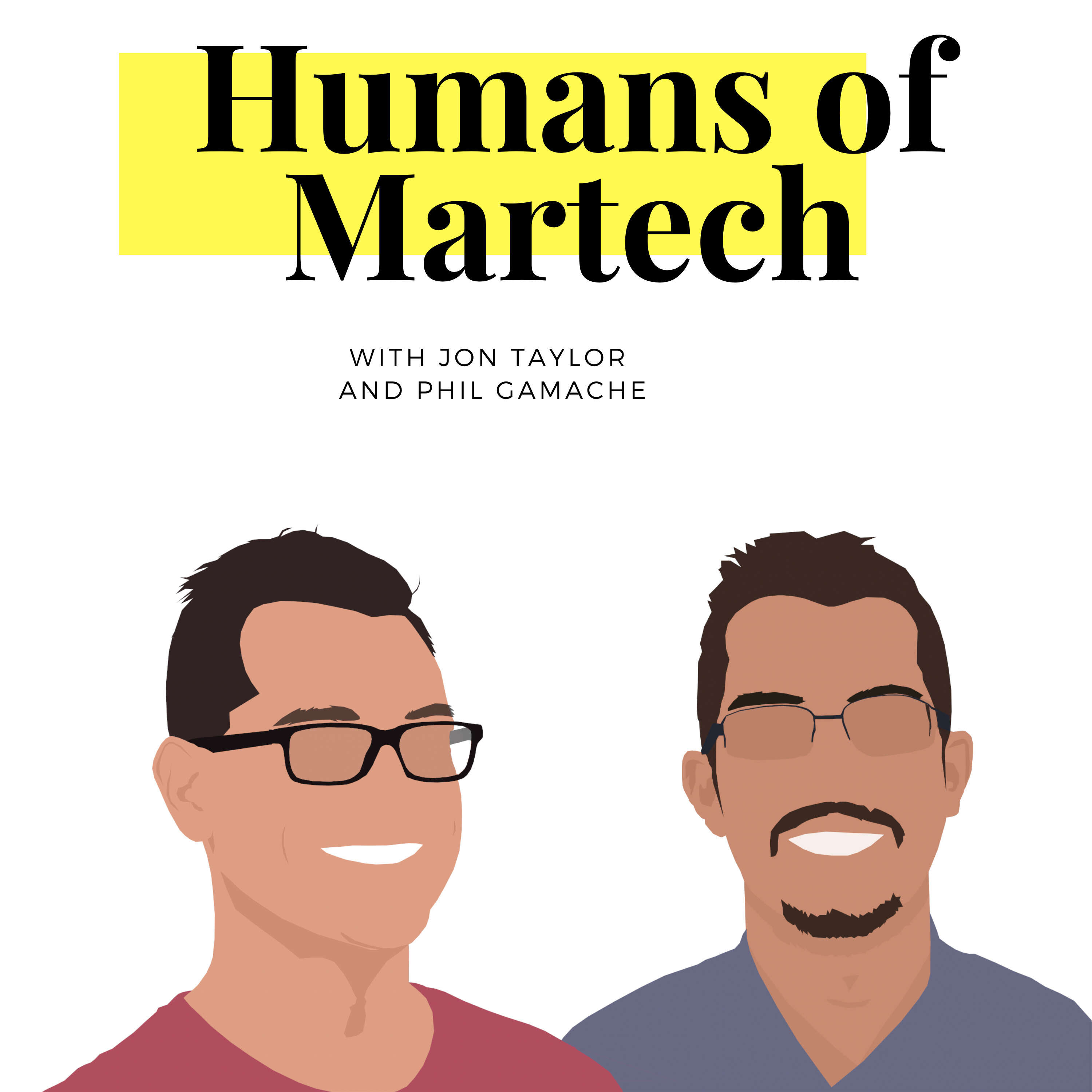78: Juan Mendoza: The ethics of generative AI, trust, transparency and the threat of dehumanization
What’s up everyone, today we have the pleasure of chatting with the profoundly eloquent Juan Mendoza.
Summary: Juan unpacks the unique journey of OpenAI, underscoring the importance of distinguishing between tech hype and real value. As AI intertwines with our lives, Juan highlights the delicate dance of harnessing its efficiency while preserving human creativity. He calls for a critical balance in using AI as a creative aid without stunting our own creative prowess. Amid the benefits, Juan also raises crucial questions about trust and privacy, advocating for marketers to use AI responsibly. Ultimately, this episode reaffirms the need to thoughtfully navigate AI’s limitless potential while upholding our fundamental human values and ethics.About Juan
Juan is based in Melbourne, Australia where he got his start in various roles including startup marketing, martech strategy and conversion rate optimization.
He spent 4 years at The Lumery, a premier Martech consulting shop where he worked on customer centric strategies across various channels.
In 2020, he started the Martech Weekly, a newsletter covering where the industry is going and why.
He’s also the host of the Making Sense of Martech podcast, an extension of his newsletter
One podcast and a newsletter isn’t enough for Juan though, in 2022 he teamed up with Scott Brinker and started the Big Martech show covering big news and big ideas in Martech
4 months after launching a premium subscription and growing his newsletter to thousands of martech pros over 65 countries, Juan decided to go full-time on TMW
Recently he announced TMW 100 – a global Martech awards event ranking the most innovative marketing technology companies from 1st to 100th place
The OpenAI Approach: Laser-Focus and High-Quality Language ModelsJuan underscored the significance of OpenAI’s niche focus and dedication to developing large-scale language models. Unlike big tech giants—Google, Amazon, Meta and others—who spread their resources and attention over various types of AI technologies, OpenAI chose a distinct path. They concentrated all their efforts on building transformative generative models like GPT-3 and GPT-4, which set the groundwork for the success of ChatGPT.Juan suggested that OpenAI’s edge lies in their extreme focus, patience, and funding. Established as a Silicon Valley tech company, OpenAI was backed by tech tycoons like Elon Musk and Microsoft, as well as some of the world’s largest venture capital firms. However, OpenAI’s goal differed. They weren’t trying to distribute AI across various services and products. Instead, they strived to create something unique and powerful—a tool that could manipulate language with an unprecedented level of precision.Juan further highlighted how OpenAI’s technology feels “magical” compared to competitors. For instance, Google’s BERT, although an impressive model, doesn’t meet the same level of accuracy as ChatGPT. Moreover, it ‘hallucinates’—generates incorrect or nonsensical outputs—significantly more often than ChatGPT.Juan also reminded us of the chatbot craze of 2016, which, despite the hype, resulted in less-than-stellar customer experiences. Fast forward to today, the launch of GPT-based models has reinvigorated the chatbot space, breathing new life in

